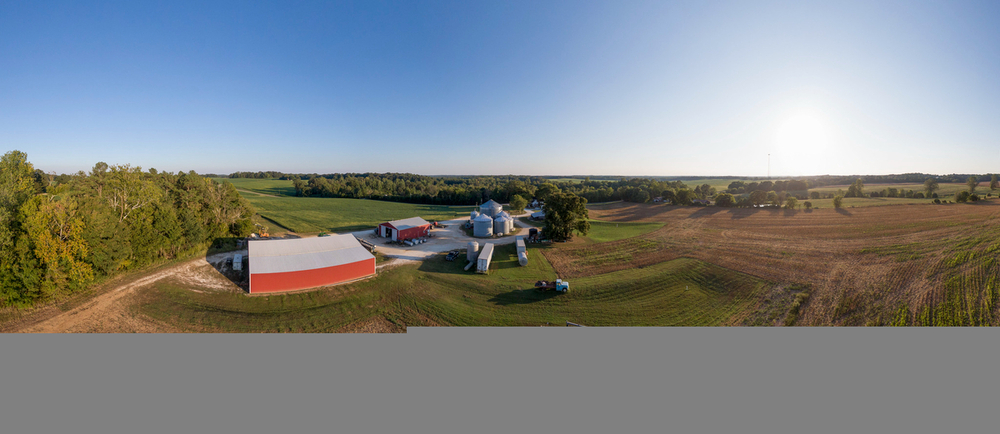In collaboration with Northeast Climate Hub, please join us to learn more on how you can help reduce greenhouse gases (GHG) on working lands. This series is for landowners, farmers, foresters, extension agents, and citizens.
The first webinar in our fall series will be October 21, 2021, 10am-noon.
10am
Introduction to agricultural Greenhouse Gas (GHG) emission and mitigation potential – a New York case study applicable to the Northeast
Presented by Jenifer Wightman, Cornell University, Soil & Crop Sciences
Agriculture is both a source of greenhouse gas (GHG) emissions and a constructive landscape to reduce global emissions. Using New York State (NYS) as a case study, participants will learn about sources of emissions on farms, how the different sources of emissions add up, and targeted mechanisms to help reduce them. Emphasis will be on net greenhouse gas accounting from a change in practice, which means adding together the changes in carbon dioxide (CO2), methane (CH4), and nitrous oxide (N2O). The goal is to help land managers identify real and permanent GHG reduction strategies to ensure farmers in the future have a more stable climate.
11am
Examining net greenhouse gas impacts of soil health practices – using the FAST-GHG tool and key research results.
Presented by Peter Woodbury, Cornell University, Soil & Crop Sciences
Soil health practices such as reduced tillage, cover crops, and nitrogen fertilizer management affect greenhouse gas emissions in many ways. This seminar will use the FAST-GHG tool, which allows a user to consider the different ways these practices and their interactions affect greenhouse gas emissions. Participants will come away with a better understanding of how crop and soil nitrogen cycling, crop yield, and equipment use affect the greenhouse gas impacts of different soil health practices (such as reduced tillage, cover crops, and nitrogen fertilizer management).
Register Here: https://cornell.zoom.us/webina...Qg_x6qTCCz18nSjpHYaw
This is the first in a webinar series, held on third Thursday of every month. See also:
- Livestock and GHG on November 18
- Forests & GHG on December 16
Recordings will be posted here: https://blogs.cornell.edu/workinglands/
This work is supported by the USDA National Institute of Food and Agriculture - Smith Lever Project 2019-20-110


Comments (1)